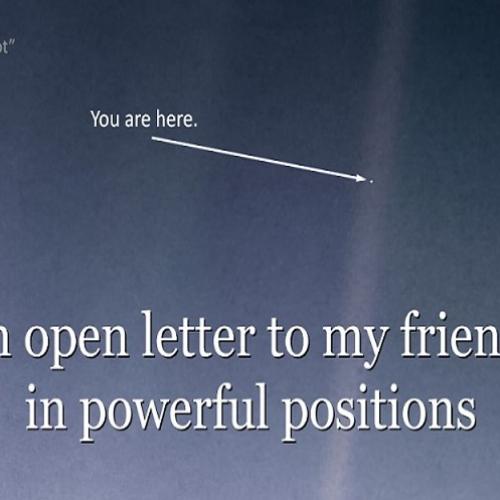
During the holiday season, the topic of New Year’s resolutions often comes up in conversations with clients, friends, and family. And as a process consultant and executive coach, I can’t help but think about these resolutions as holiday-inspired examples of developing oneself as a leader. With that parallel in mind, here are a few suggestions as you strive to be a better you in the year ahead:
1. Start with Self-Awareness. Sometimes identifying your objective requires nothing more than looking in the mirror or stepping on the bathroom scale. In the business world, a less-than-stellar performance review can quickly focus you on areas for improvement. Absent these obvious opportunities, however, you’re best off investing meaningful time to reflect on what’s working and what’s not. In What You Really Need to Lead, Harvard Business School Professor Robert Steven Kaplan frames it this way: “Understanding yourself is not something you can run away from or set off to the side to deal with some other time. You have to own this process.” A coach, a co-worker, or a spouse can support you in this process, but you need to drive it.
2. Select a Measurable Target. Reflection should help you surface several opportunities to improve, but most humans aren’t capable of successfully tackling all of them at once. In fact, it’s often best to choose one and concentrate your efforts there. (The other opportunities to improve will still be around after you’ve addressed your first.) Select an area that will meaningfully impact your life when you improve it—and then identify a measurable target to work towards. “Lose 10 pounds” gives you a metric, a finish line; “lose weight” is a vague goal that offers no clear means of declaring victory. Similarly, in the business context, “expand my network” is nice, but “add 100 people to my LinkedIn network by July 4th” is notable.
“Select an area that will meaningfully impact your life when you improve it—and then identify a measurable target to work towards.”
3. Demonstrate Intentionality. Once you’ve homed in on a clear target, it all comes down to commitment. Keeping the resolution in front of you every day can help: post your goal on a bulletin board you see every morning, make it the screen-saver on your computer or set up a daily reminder on your phone. Ultimately, however, it’s a question of discipline in overcoming habit or “nature.” In his memoir, Ballplayer, long-time Atlanta Braves slugger Chipper Jones describes the struggle he faced as a switch-hitter who repeatedly had to override the instinct to bat from his “natural” side of the plate: “Switch-hitting is a decision you have to make over and over again.” Similarly, shedding excess weight requires continual decision-making about what you eat and how often you exercise; so, too, does adjusting some of your “natural” behaviors in the workplace to become a better leader.
“Keeping the resolution in front of you every day can help…”
4. Seek Support. Keeping resolutions or commitments to change the way you work is easier when you enlist someone to hold you accountable—a colleague, a confidant, a mentor. Someone to encourage you, celebrate your successes, and push when you need pushing. Chipper Jones had multiple coaches to help him hit; most CEOs have an executive coach and/or a personal Board of Advisors; a good friend of mine who resolved to lose weight many years ago found an ever-expanding team of like-minded friends to join her on daily runs and challenge her week in and week out. “Going it alone” may feel empowering on Day One, but having a support network in place will increase your likelihood of success come Day 365.
One last morsel of food for thought as you enter the New Year, provided by economist Sendhil Mullainathan in a New York Times Op-Ed titled “Why Trying New Things Is So Hard to Do”: “Experimentation is an act of humility, an acknowledgment that there is simply no way of knowing without trying something different. Understanding that truth is a first step, but it is important to act on it.” So here’s to trying something different in the New Year!






